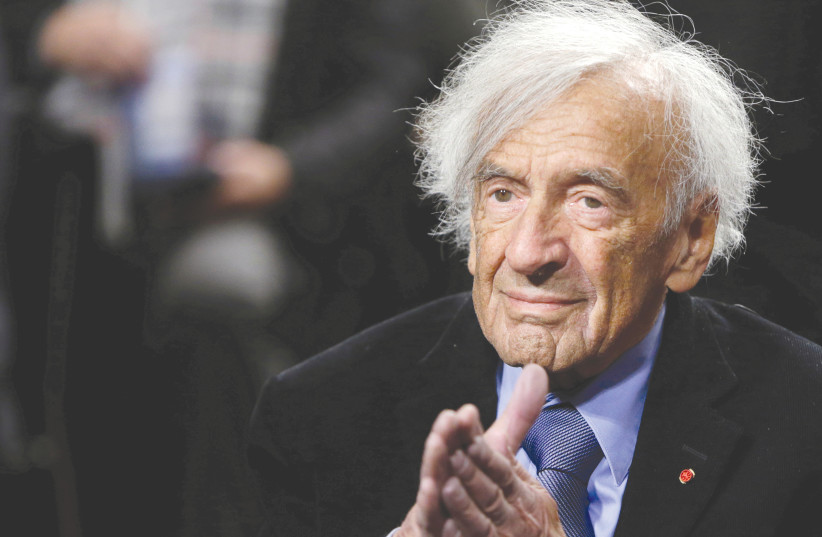Elisha Wiesel, son of the well-known Holocaust survivor Elie Wiesel, spoke on Thursday at the UN Holocaust Memorial Ceremony, where he called out the Chinese government for its human rights violation regarding its treatment of the Uighur community.
At the start of his speech at the ceremony, Elisha Wiesel spoke about the atrocities his father and grandfather underwent during the Holocaust, the latter having died 77 years ago.
Invoking his father's legacy, Wiesel, criticizing the Chinese government, states, "sitting on the human rights council, China, inflicts forced labor and sterilization on the Uighur people. The world turns a blind eye to the forced separation and cultural eradication of Uighur families. I have met with Uighur dissidents and I believe their testimony. Instead of pretending that nothing is wrong, we must provide refuge to the Uighur people."
Wiesel gave this speech in light of the upcoming 2022 Beijing Olympics and asked if the United Nations, under its obligation of the Genocide Convention, will investigate the situations regarding the Uighur community in Xinjiang.
Wiesel also criticized the UN General Assembly for condemning Israel more times than it did Iran, North Korea and Syria combined.

"The world's double-standard threatens the security of Jews everywhere," he continued.
Wiesel's father, Elie, who passed away in 2016, won a Nobel Peace Prize and author of the well-known memoir Night, which was published years after he survived the Holocaust.
